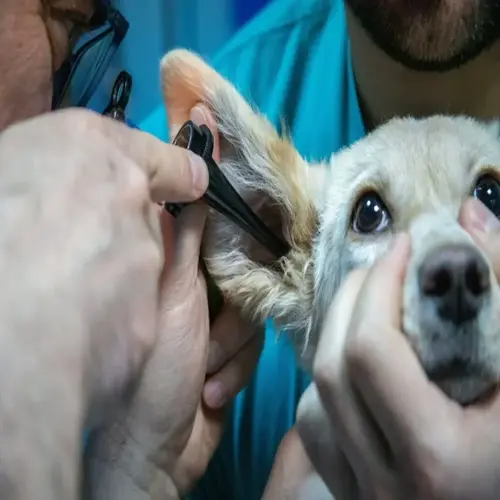Can dogs experience too much mental stimulation?

Written by
Kailani Okoro
Reviewed by
Prof. David Walsh, Ph.D.Excessive mental stimulation is detrimental to dogs, even when well-intentioned. The dog experiences stress and behavioral problems with too much of a good thing. The dog needs a healthy balance of mental exercise, not consistent, hard mental workouts. Learn to recognize when things become overwrought rather than getting a mental workout.
Session Management
- Limit challenging activities to 15-minute maximums
- Schedule quiet recovery periods after brain work
- Observe for disengagement or stress signals
Difficulty Adjustment
- Match puzzle complexity to current skill level
- Reduce challenges for senior or anxious dogs
- Always include achievable success points
Balanced Routine
- Alternate mental exercises with physical activities
- Include relaxation periods throughout the day
- Maintain predictable daily structure
Frequent triggers may place dogs in a state of cognitive overload. Engaging in training sessions consecutively with no break or time in between will cause both physical and mental strain on your dog. Simultaneously engaging in many new activities quickly overwhelms our dogs. Additionally, environmental stressors, like loud noises, increase mental fatigue. Recognizing when these habits occur will help you avoid overstimulation.
Vulnerability due to breed affects stress tolerance. Herding breeds can be hypersensitive to unmanageable puzzles. Rescue dogs can also have a lower threshold for stress. Brachycephalic dogs often struggle to focus intently for extended periods of time. Plan empathy based on personal histories and physical tolerances.
Recovery strategies restore mental balance after a period of overload. Provide quiet, dark places to help your dog decompress. Offer frozen lick mats to initiate calmness. A gentle massage can reduce the effects of stress hormones. Wait for normal behavior to return completely; refrain from interacting during this period.
Adequate equilibrium prevents problems, provides benefits. Mental exercise should be performed before meals at times of maximum concentration. This can be followed by physical exercise to relieve the built-up tension. Hence, there is no excessive tension in the way of accumulated energy. The day must be closed satisfactorily with relaxation exercises, such as grooming exercises. The stimulation should be therapeutic in nature.
Read the full article: 10 Essential Dog Mental Stimulation Activities

